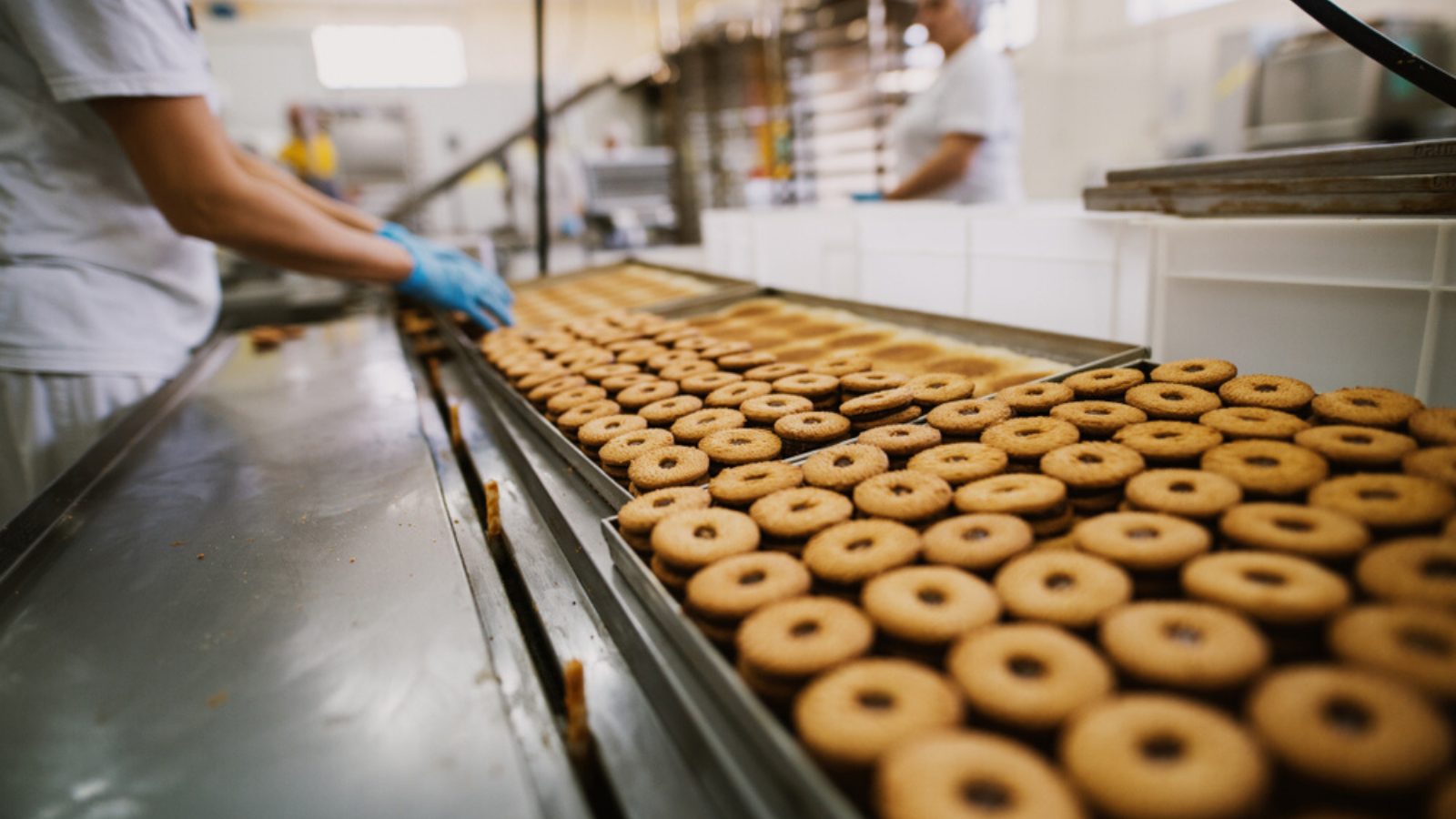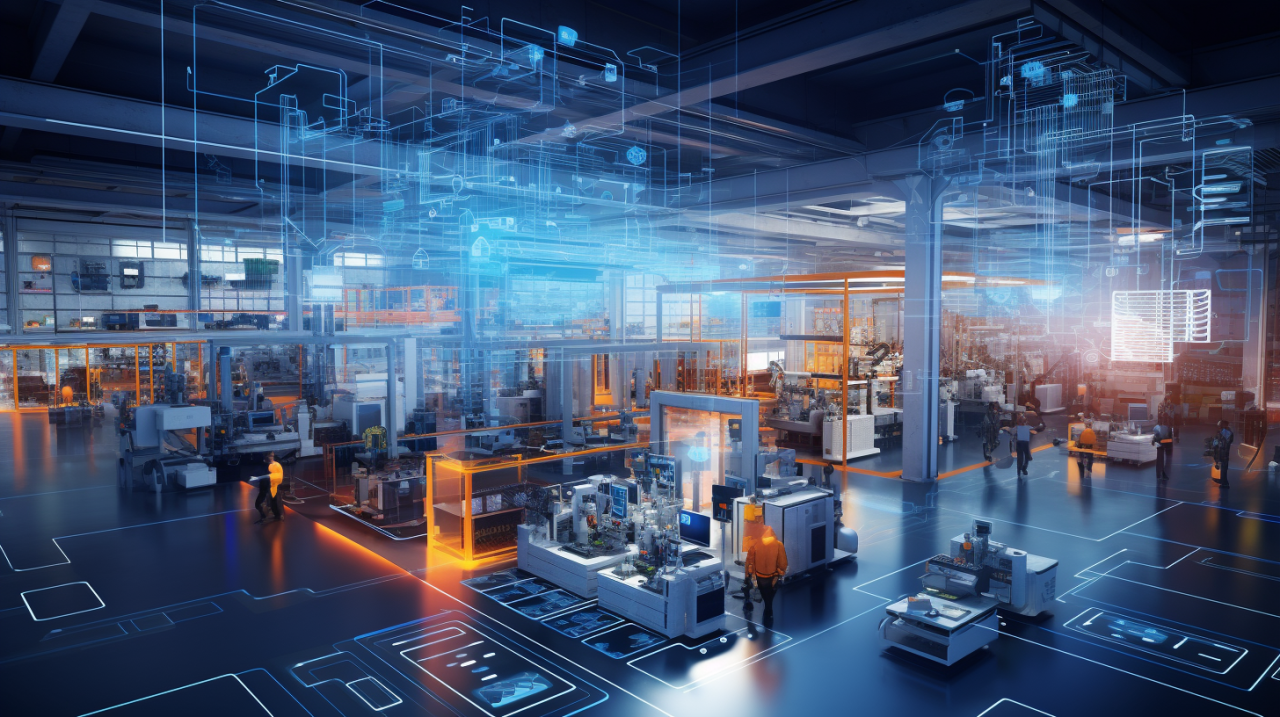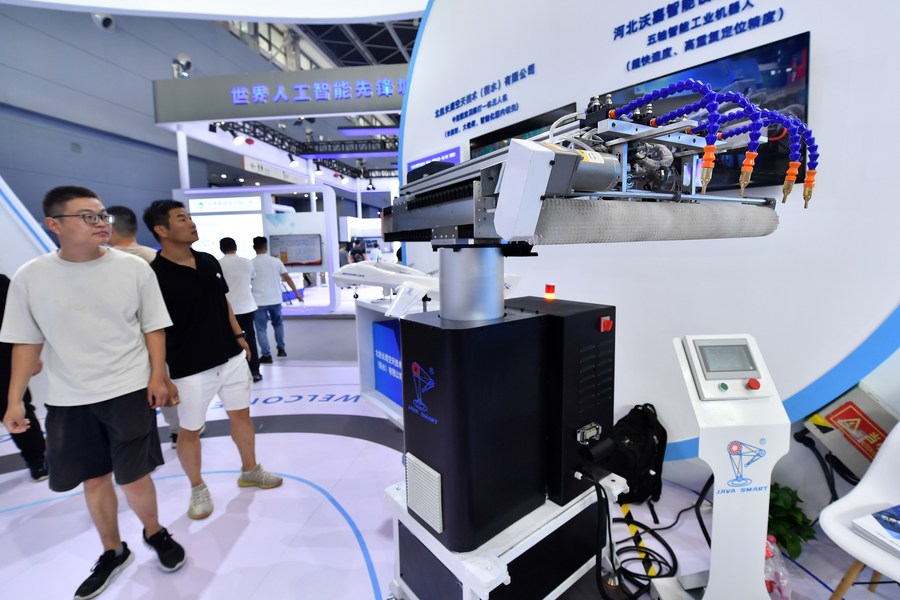The food manufacturing industry is a cornerstone of modern economies, providing the sustenance that fuels our daily lives. From the humble bakery to the sprawling multinational conglomerate, this sector encompasses a diverse range of businesses involved in the production, processing, and distribution of food products.
Technological Advancements Shaping the Industry
Technological advancements are revolutionizing the food manufacturing industry, driving efficiency, improving quality, and enhancing food safety. Automation and robotics are increasingly being implemented across various stages of production, from harvesting and processing to packaging and distribution. This not only increases productivity but also minimizes human error and ensures consistent product quality.
Furthermore, the integration of artificial intelligence (AI) and machine learning is transforming various aspects of the industry. Predictive analytics can be used to optimize production schedules, forecast demand, and identify potential supply chain disruptions. AI-powered quality control systems can detect defects and anomalies in real-time, ensuring that only the highest quality products reach consumers.
Sustainability and Ethical Considerations
Sustainability is becoming an increasingly important consideration for consumers and businesses alike. Consumers are demanding more sustainable and ethically produced food products, and businesses are responding by adopting eco-friendly practices. This includes reducing waste, minimizing environmental impact, and promoting animal welfare.
The food manufacturing industry is also facing increasing pressure to address ethical concerns, such as fair labor practices and responsible sourcing. Consumers are becoming more aware of the social and environmental impact of their food choices, and they are increasingly demanding transparency and accountability from the companies they support.
Innovation in Food Product Development
Innovation is driving the development of new and exciting food products. Companies are constantly exploring new ingredients, flavors, and technologies to create products that meet the evolving needs and preferences of consumers. This includes the development of plant-based alternatives to meat and dairy, functional foods that offer health benefits beyond basic nutrition, and personalized nutrition products tailored to individual needs.
Challenges and Opportunities
The food manufacturing industry faces a number of challenges, including increasing competition, rising raw material costs, and evolving consumer preferences. However, these challenges also present significant opportunities for innovation and growth.
Companies that embrace technological advancements, prioritize sustainability, and focus on consumer needs are well-positioned to succeed in the evolving landscape of the food manufacturing industry. By leveraging innovation and adopting responsible business practices, the industry can continue to provide safe, nutritious, and sustainable food for generations to come.
The Importance of Food Safety and Quality
Food safety is paramount in the food manufacturing industry. Stringent quality control measures are essential to ensure that food products are free from harmful contaminants and meet all regulatory requirements. This includes rigorous testing and inspection procedures throughout the entire production process, from raw material sourcing to finished product distribution.
Meeting Consumer Demands
Meeting the evolving demands of consumers is crucial for success in the food manufacturing industry. Consumers are increasingly seeking convenient, healthy, and flavorful food options. This has led to a surge in demand for ready-to-eat meals, on-the-go snacks, and products with clean labels and minimal processing.
The Role of Technology in Enhancing Food Safety
Technology plays a critical role in enhancing food safety. Advanced technologies such as blockchain can be used to track and trace food products throughout the supply chain, improving transparency and accountability. This can help to identify and address potential contamination issues quickly and effectively.
The Global Reach of the Food Manufacturing Industry
The food manufacturing industry is a globalized sector, with complex supply chains that span continents. This global interconnectedness presents both challenges and opportunities.
Addressing Global Challenges
The industry faces a number of global challenges, including climate change, food security, and the rise of non-communicable diseases. Addressing these challenges requires collaboration between governments, businesses, and consumers.
The Future of the Food Manufacturing Industry
The future of the food manufacturing industry is likely to be characterized by continued innovation, increased sustainability, and a greater focus on consumer needs. As technology continues to advance, we can expect to see even more sophisticated and efficient production processes, as well as the development of novel and exciting food products.
By embracing these trends and addressing the challenges that lie ahead, the food manufacturing industry can continue to play a vital role in feeding the world and ensuring a healthy and sustainable future for all.











